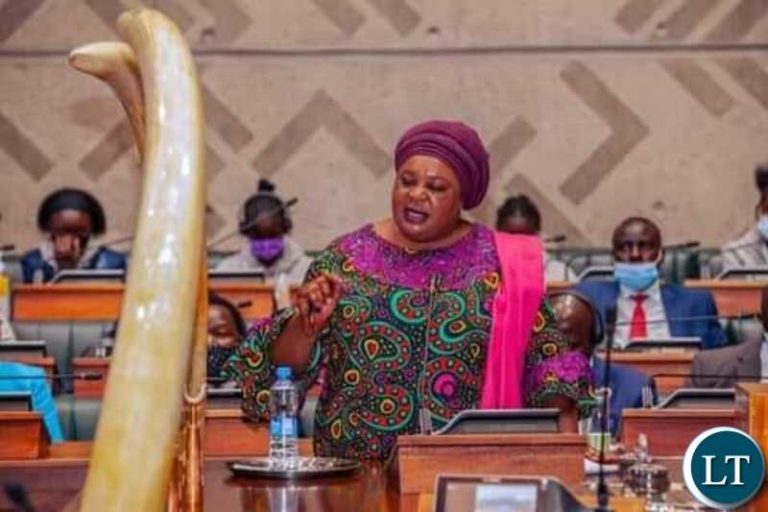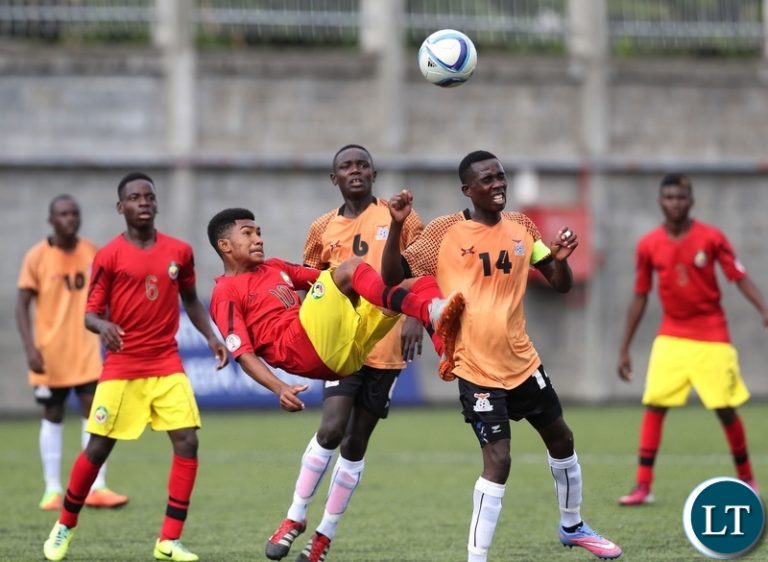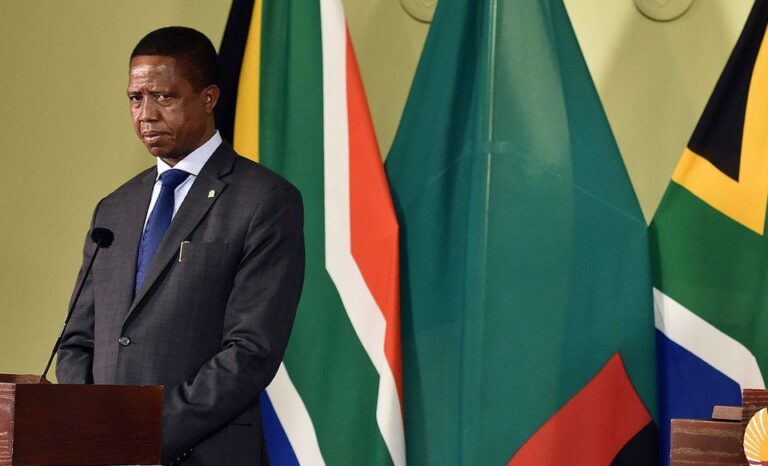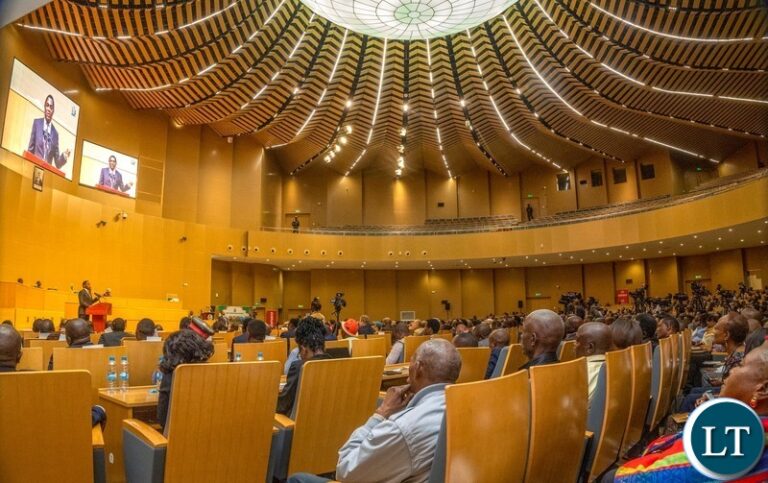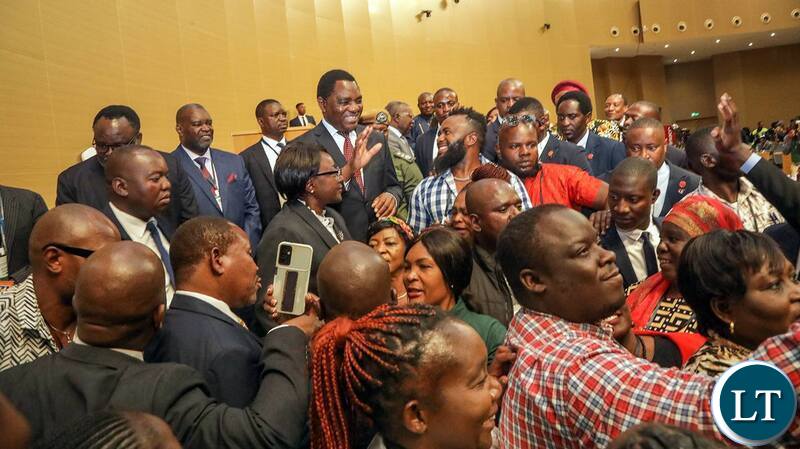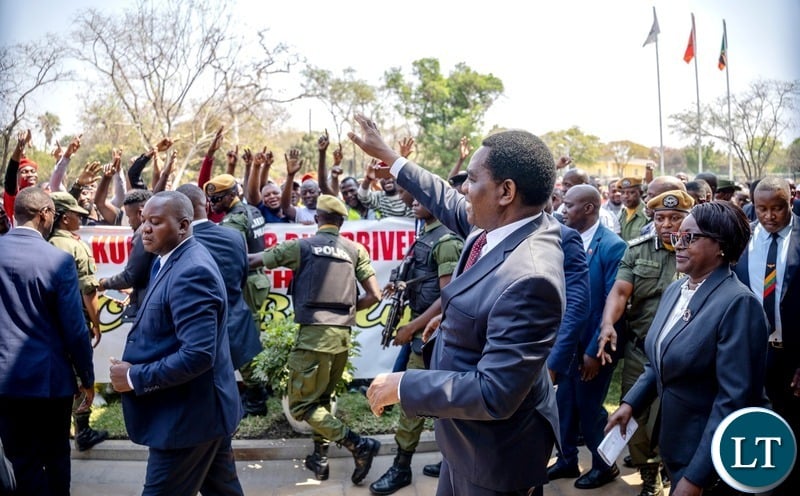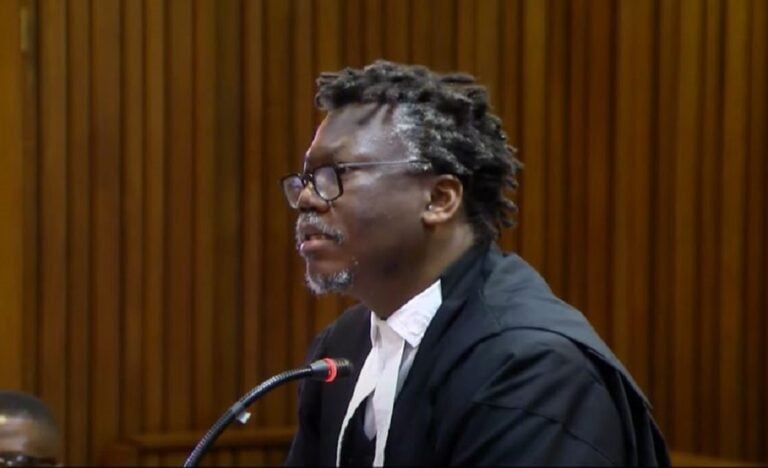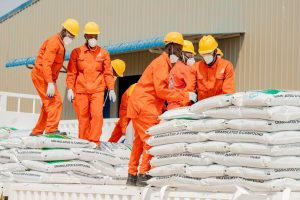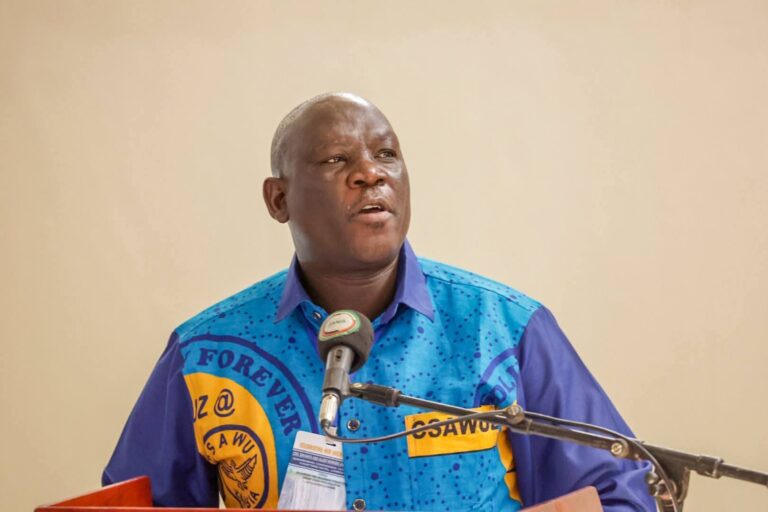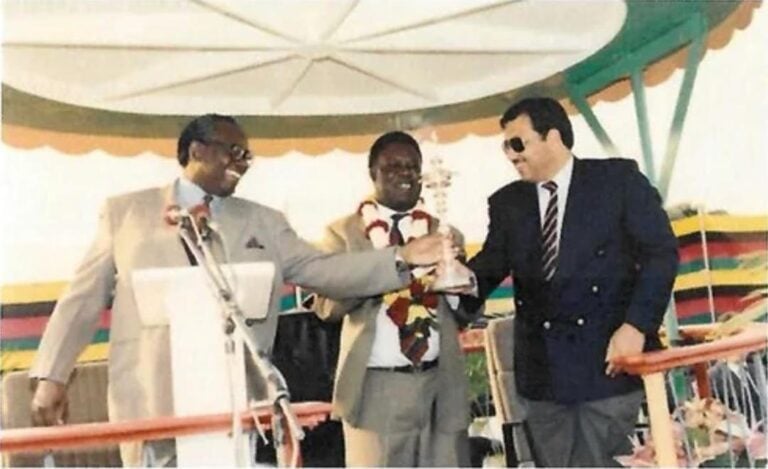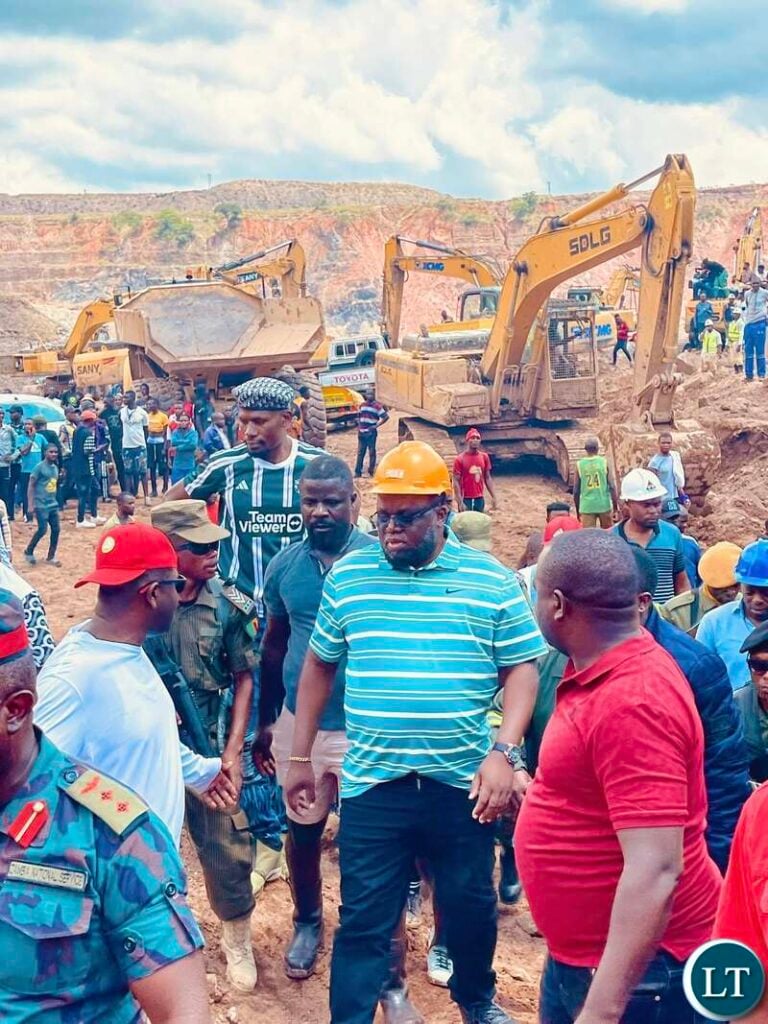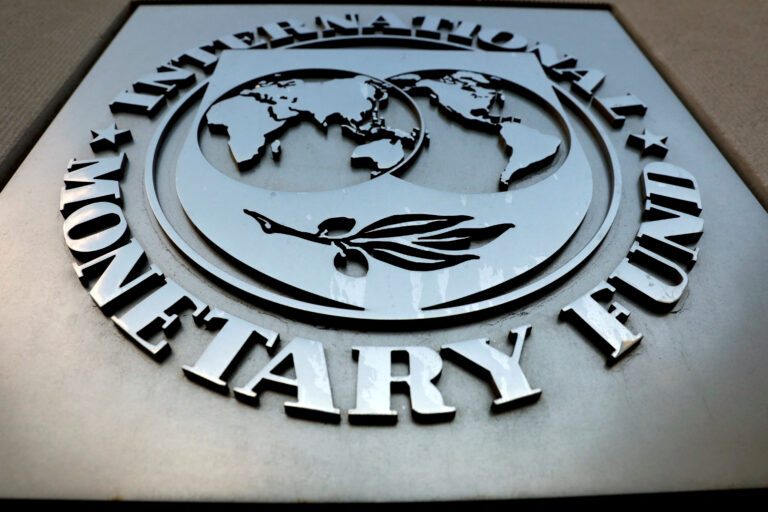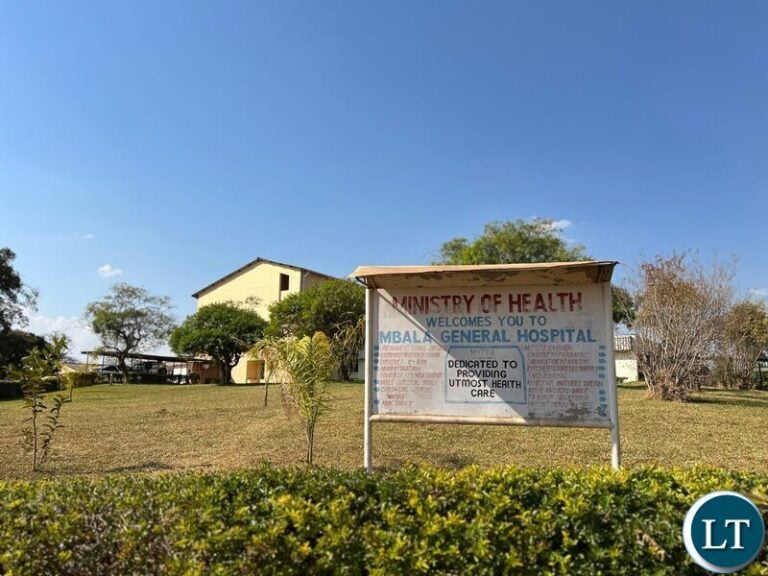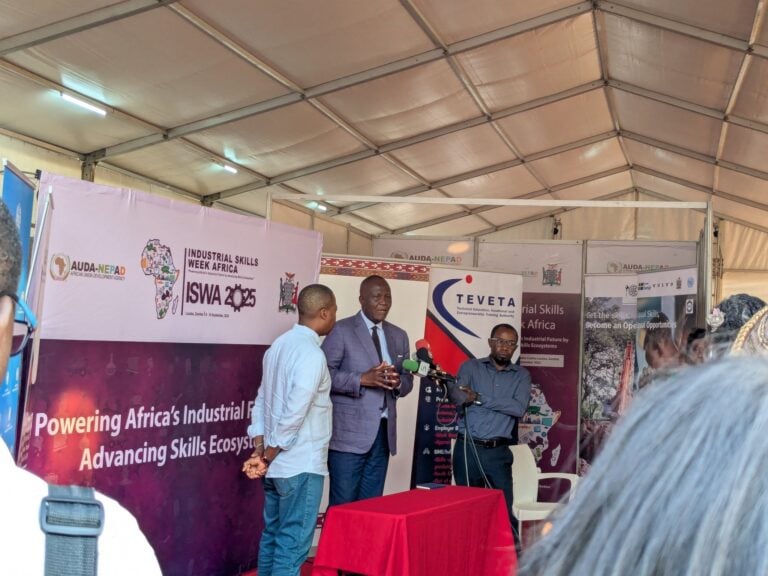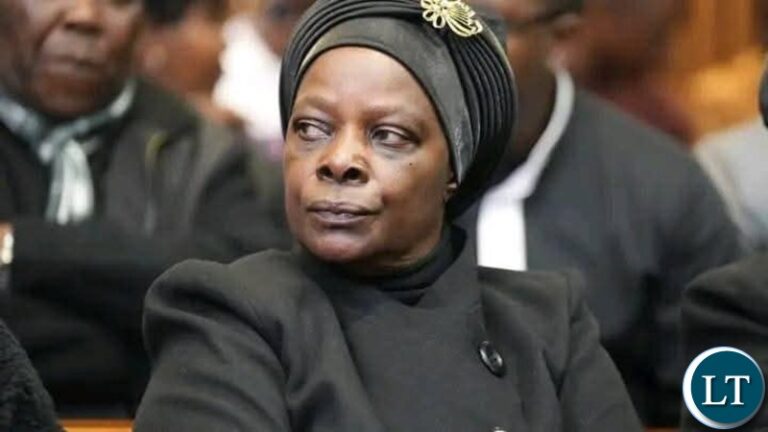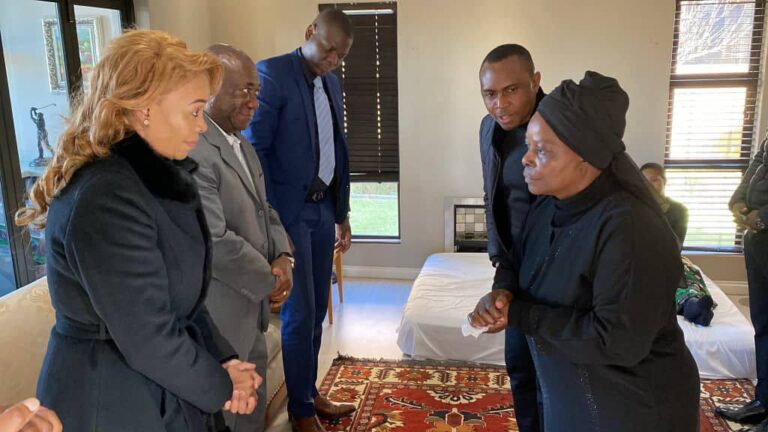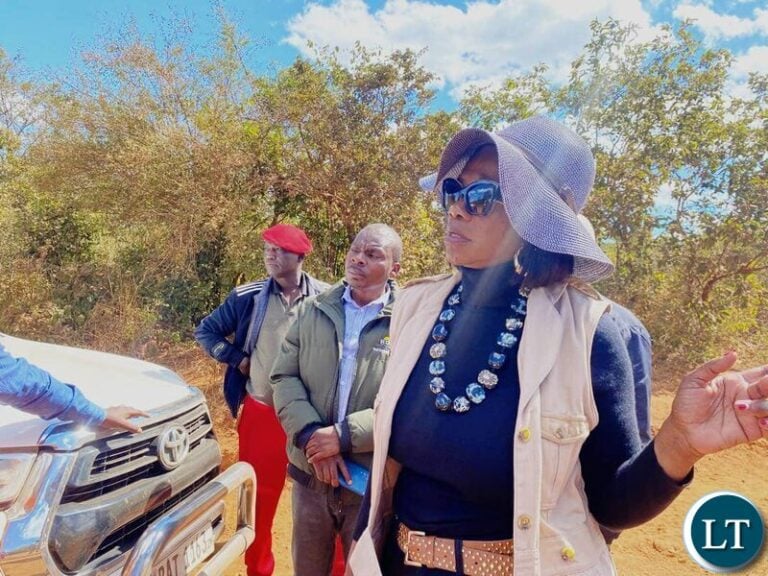Widow Challenges State Over Burial Rights in South African Court
By Court Reporter, Pretoria | 8 September 2025
In a case with far-reaching legal and political implications, the widow of Zambia’s former president Edgar Chagwa Lungu has mounted a constitutional challenge against the Zambian government’s attempt to repatriate his body for a state funeral. The matter is before the Pretoria High Court in South Africa, where the late president died on 5 June.
Though Ms. Esther Lungu, the widow of the late president, was absent from the courtroom, her presence was felt in every submission made by her legal counsel. Advocate Tembeka Ngcukaitobi SC, representing the Lungu family, anchored his arguments on one principle: a corpse is not property, and cannot be subject to a contract.
“You don’t contract over human remains,” Ngcukaitobi told the bench. “A corpse is dead, it’s not a property. It cannot be contracted over.” This principle, he explained, is not just rooted in moral sentiment, but firmly established in Roman Dutch law, South Africa’s legal foundation, which classifies a corpse as res extra commercium — a thing outside commercial transaction.
The dispute arises from a full bench ruling by the Gauteng High Court, which found in favour of the Zambian government, affirming its right to repatriate Lungu’s remains for a state funeral. The court also found that a binding agreement existed between the Lungu family and the government, outlining the late president’s final resting place.
But counsel for the family has now filed for Leave to Appeal to the Supreme Court of Appeal, challenging the High Court’s findings. Their argument is straightforward: burial decisions are governed not by contract, but by succession law, which places authority in the hands of the widow.
“Basically, the law is this. You don’t contract over human remains,” Ngcukaitobi reiterated in court. “A corpse is dead. It’s not property. It cannot be contracted over. What you do is follow the law of succession. If there’s a will, you follow the will. If there’s no will, the law of intestate succession applies. So, if you are dead and you are a husband, your remaining wife takes the decision. If the wife is also deceased or incapable of taking the decision, the children take the decision. If the children are incapable, the parents take the decision. If the parents are incapable, your siblings take the decision.”
This legal reasoning formed the crux of the family’s case. Under South African law, the right to determine burial lies with the closest surviving relatives in a defined hierarchy, beginning with the spouse.
Acting Judge President Aubrey Ledwaba asked what should happen in a case where the wife and children do not agree, and the deceased died intestate. Ngcukaitobi replied, “Yes, the wife then takes the decision because it’s the first thing. It’s the heir. So the executor will generally follow the will, but the heir will then make a decision because that’s the surviving spouse.”
Judge Ledwaba challenged this interpretation further, questioning how the law would apply in cases involving multiple spouses or children from different relationships. “But in the case of intestate succession,” he said, “the wife is an intestate heir and the children also, depending on the value of the estate. And now, the wife you may find that it’s a case where the husband may be married to another person and has children with the other spouses. Is it also your submission that they cannot negotiate about the burial if they don’t agree?”
Ngcukaitobi responded, “No, they obviously can negotiate and reach a consensus. But that means they have reached a consensus on what should happen. What is prohibited is contracting over a corpse.”
This exchange underscored the family’s broader argument that South African constitutional and succession law overrides any extra-legal or political agreement, especially one signed under foreign pressure or outside proper legal channels. He also reminded the court that the South African Constitution applies to all persons within the republic, regardless of nationality, citing precedents like Mohammed v Minister of Defence.
The Zambian government continues to argue that it had reached a valid agreement with the family, and that state protocol entitles the late president to be buried in Zambia. But the family has countered that Zambia has no binding law governing the burial of former heads of state, and that any such arrangements are traditional — not legal — and must be accepted, not enforced.
Ngcukaitobi addressed this directly: “Zambia has no binding statute requiring state funerals for former presidents. At best, it’s a gentleman’s agreement — one which can be accepted or declined. And Ms. Lungu has declined.”
Legal experts say the case could set a precedent for how similar cross-border disputes are resolved when state demands clash with personal and family rights. The principle of lex loci, or “law of the place,” is central here , meaning the law governing the dispute is that of the country where the death occurred. Since Lungu died in South Africa, it is that country’s legal framework that applies.
For now, judgment has been reserved. President Lungu’s body remains in Johannesburg caught between the ceremonial machinery of Lusaka and the personal, constitutional claim of his widow. What the court decides may shape how nations, families, and laws approach one of the most human of questions: who has the final say in death the state, or the spouse?
This is a developing story.


